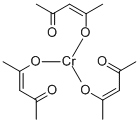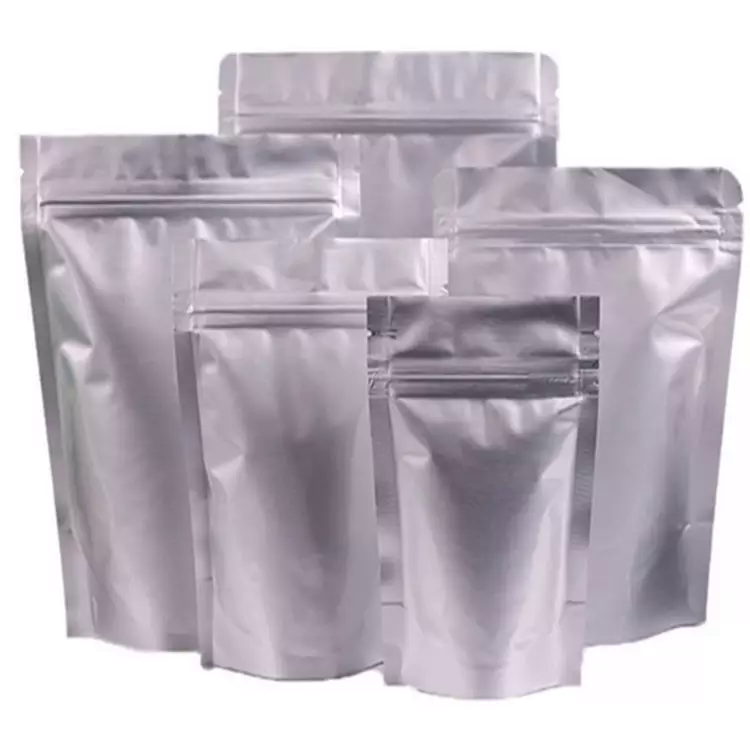JOJOBA OIL
Synonym(s):Jojoba bean oil;Jojoba liquid wax;Jojoba oil from Simmondsia chinensis;Jojobae oelum
- CAS NO.:61789-91-1
- Molecular Weight: 0
- MDL number: MFCD00131426
- EINECS: 612-381-6
- Update Date: 2025-12-17 09:49:58
What is JOJOBA OIL?
Description
Jojoba oil is Oily liquid in nature and has a characteristic fatty odor. Jojoba oil is goldencolored liquid wax, which are produced by the seeds of the jojoba plant Jojoba oil is used for dry and oily skin. It regulates the sebum produced on the skin, as the oil can control the greasy texture of the skin. On dry skin type, the oil acts as a moisturizer. Mix a little quantity of jojoba oil with your regular moisturizer and this works wonders on your skin. Jojoba oil also acts as a lip-balm for dry and chapped lips. Jojoba oil has many benefits, and is best used for the hair and skin. Jojoba oil has been reported combustible at high temperature. Jojoba oil contain no component at levels greater than or equal to 0.1% is identified as probable, possible or confirmed human carcinogen by International Cancer Research: Cancer (IARC). The toxicological properties of Jojoba oil have not been fully studied and not much published information is available on the safety and hazards of Jojoba oil.
Chemical properties
Colorless, odorless, waxy liquid; chemically similar to sperm oil.
The Uses of JOJOBA OIL
jojoba oil (Simmondsia chinensis) is a moisturizer and emollient. Jojoba oil was traditionally held in high regard by native Americans of the Sonora Desert for its cosmetic properties. Mystical properties have been attributed to it for its apparent ability to heal the skin. Jojoba oil reduces transepidermal water loss without completely blocking the transportation of water vapor and gases, providing the skin with suppleness and softness. In addition, it gives cosmetic products excellent spreadability and lubricity. Studies indicate that jojoba oil can penetrate rapidly by absorption via the pores and hair follicles. From these areas, it seems to diffuse into the stratum corneum layer and acts with intercellular lipids to further reduce water loss. Ingredient manufacturers claim that the chemical composition, functionality, blending ability, appearance, and feel of synthetically produced jojoba oil are the same as the natural oil. Jojoba oil is not a primary skin irritant and does not promote sensitization. Although it is generally considered non-comedogenic, laboratory studies indicate slight-to-moderate comedogenicity depending on the potency of the oil. Jojoba oil is derived from the plant seeds.
Definition
Extractives and their physically modified derivatives. Simmondsia chinensis, Buxaceae.
Properties of JOJOBA OIL
| Melting point: | 7℃ |
| Boiling point: | 396℃ at 101.325kPa |
| Density | 0.87 g/mL at 20 °C |
| vapor pressure | 0-0Pa at 25℃ |
| refractive index | n20/D1.466 |
| storage temp. | 2-8°C |
| form | Semi-solid(amorphous):gel |
| EPA Substance Registry System | Jojoba wax (61789-91-1) |
Safety information for JOJOBA OIL
Computed Descriptors for JOJOBA OIL
JOJOBA OIL manufacturer
New Products
4,4-Difluoropiperidine hydrochloride tert-butyl 9-methoxy-3-azaspiro[5.5]undecane-3-carboxylate Indole Methyl Resin N-Isopropylurea N,N-Dicyclohexylcarbodiimide(DCC) MELDRUMS ACID 5-METHYLISOXAZOLE-4-CARBOXYLIC ACID Magnessium Bis glycinate Zinc ascorbate 1-bromo-2-butyne 2-acetamidophenol 9(10H)-anthracenone Erythrosin B, 4-Piperidinopiperidine 2-((4-morpholinophenylamino) (methylthio) methylene) malononitrile 2,4-dihydroxybenzaldehyde 3-(4-morpholinophenylamino)-5-amino-1H-pyrazole-4-carbonitrile Methyl 2-methylquinoline-6-carboxylate 2,6-dichloro-4-nitropyridine 4-Bromo-2-chlorobenzonitrile 2-(benzylamino)acetic acid hydrochloride 4-(tert-Butoxycarbonylamino)but- 2-ynoic acid 3,4-dihydro-2H-benzo[b][1,4]dioxepine 1-Phenyl-1-cycloprppanecarboxylicacidRelated products of tetrahydrofuran








You may like
-
 61789-91-1 Jojoba oil 98%View Details
61789-91-1 Jojoba oil 98%View Details
61789-91-1 -
 61789-91-1 98%View Details
61789-91-1 98%View Details
61789-91-1 -
 Jojoba oil 98%View Details
Jojoba oil 98%View Details
61789-91-1 -
 Jojoba oil 61789-91-1 98%View Details
Jojoba oil 61789-91-1 98%View Details
61789-91-1 -
 61789-91-1 Jojoba oil 98%View Details
61789-91-1 Jojoba oil 98%View Details
61789-91-1 -
 Jojoba oil extrapure CAS 61789-91-1View Details
Jojoba oil extrapure CAS 61789-91-1View Details
61789-91-1 -
 Jojoba oil, from Simmondsia chinensis CAS 61789-91-1View Details
Jojoba oil, from Simmondsia chinensis CAS 61789-91-1View Details
61789-91-1 -
 Jojoba oil from Simmondsia chinensis CAS 61789-91-1View Details
Jojoba oil from Simmondsia chinensis CAS 61789-91-1View Details
61789-91-1
